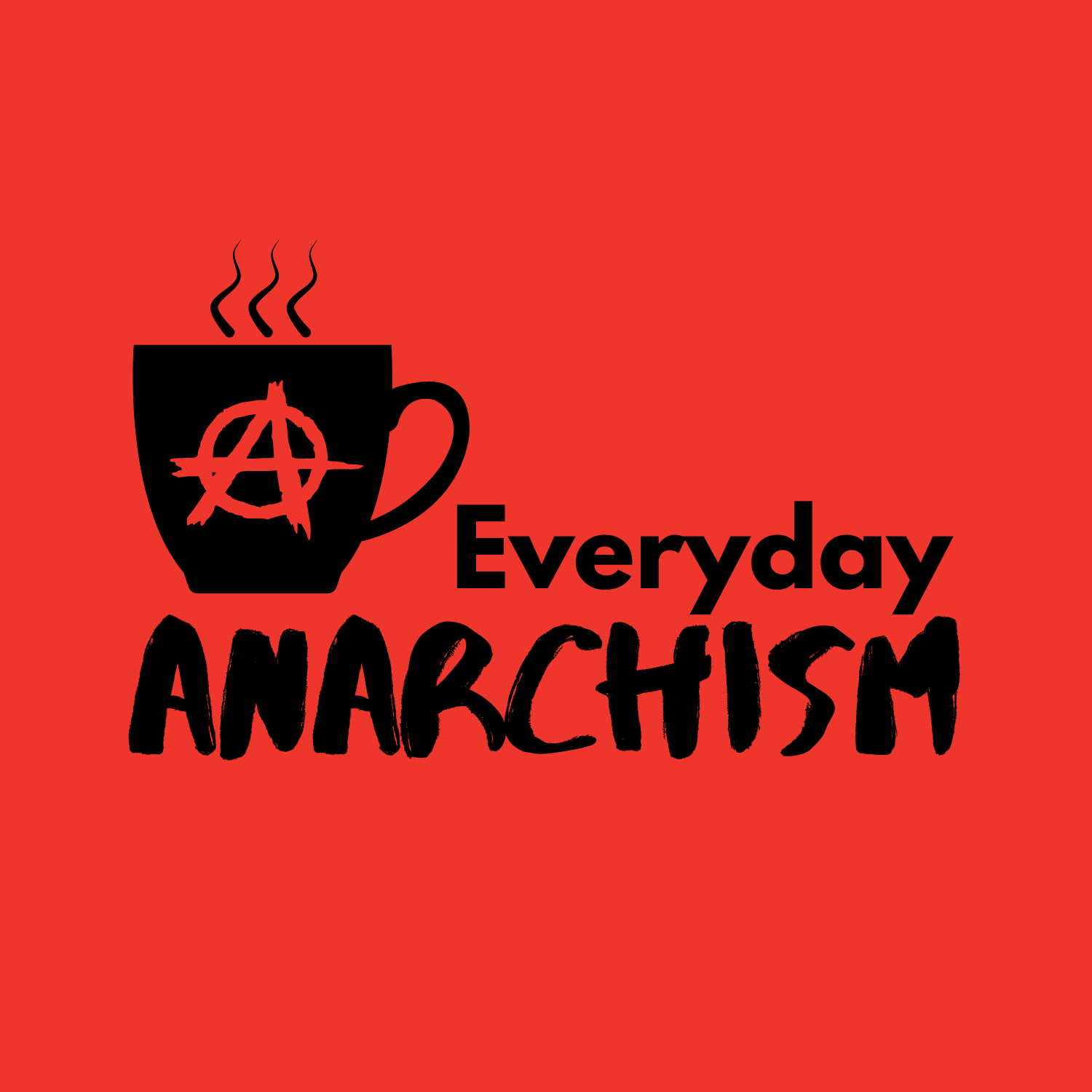The Great Resignation

Hello, and welcome to the first edition of Anarchist Hot Takes, the newsletter from Everyday Anarchism! Today I thought I’d talk a bit about the Great Resignation.
Here I am with a podcast and a newsletter, and my only coworker a 2 year old, because I quit my job. At the time, quitting felt intensely personal. It was giving up the dream of being a college instructor, which I had worked for since I was a sophomore in college. But it felt necessary because of how terrible working conditions had become for me personally during the pandemic. But within a week after I quit, I heard an NPR story about The Great Resignation. They even used The Clash’s “Career Opportunities” as interstitial music; that particular anti-job song had become my quitting anthem. I knew I wasn’t completely alone in my take this job and shove it attitude, but I hadn’t realized how much I was part of a trend.
This week, I read another one of Derek Thompson’s articles in The Atlantic about The Great Resignation, and an opinion piece on the same topic by Paul Krugman in the NYTimes. Although I agree with both of them in broad strokes - it’s a good thing that workers have more options and that bosses and companies are having to concede things to workers.
But they also accept the terms of “the economy.” Thompson writes: “America’s mojo is back, baby (yeah), and it may lead to a better-job revolution that outlasts the temporary measures, such as unemployment super-benefits and rent protection, that have nourished it.”
Krugman concludes: “And while this new choosiness by workers who feel empowered is making consumers’ and business owners’ lives more difficult, let’s be clear: Overall, it’s a good thing. American workers are insisting on a better deal, and it’s in the nation’s interest that they get it.”
But I don’t think we should think of ourselves as workers or consumers. I don’t want a “better deal” or a “better job” and I don’t think you should either. While Krugman writes explicitly from the left, and I think Thompson writes implicitly from the left, both accept jobs as something good. The goal is to reform consumption and work, so they can be good. But this accepts both capitalism - the idea that our role in society is to consume - and what David Graeber calls “managerial feudalism” - the idea that the bosses get to decide the terms of work, and the best we can hope for is negotiating a good deal. Thompson thinks that if we get a good enough deal, we might drop the truly radical things we’ve gotten - unemployment benefits and rent protection. There’s a clear desire to get rid of “socialist” ideas like giving people money and housing, and back to the “real economy” where employers give us what we need for food and housing, but we have slightly more negotiating power.
For at least a century, the anarchists have been telling us that this is a bad deal. “No gods, no masters” goes the anarchist slogan. And “boss” is just another word for master (literally - it’s the dutch word for “master.” We would have riots in the streets if we had “masters.” And yet we accept bosses?)
Fully detailing an alternative to the worker/consumer and boss/employee systems is beyond the scope of this little newsletter (after all, I’ve got a podcast to make!). But I will return to this topic often. And in the meantime, I want to make it clear that this idea doesn’t originate with me. Graeber articulated it recently, and it goes back at least to the IWW (Wobblies). I’ll include a few links at the bottom of the email if you’d like to read their arguments.
Bad: Bad Jobs
Better: Good, Union Jobs
Anarchist: Freedom from Jobs
In Mutual Aid,
Graham
Lucy Parsons (IWW cofounder) - The Principles of Anarchism
Graeber - On the Phenomenon of Bullshit Jobs by David Graeber




